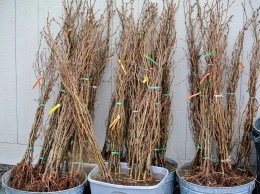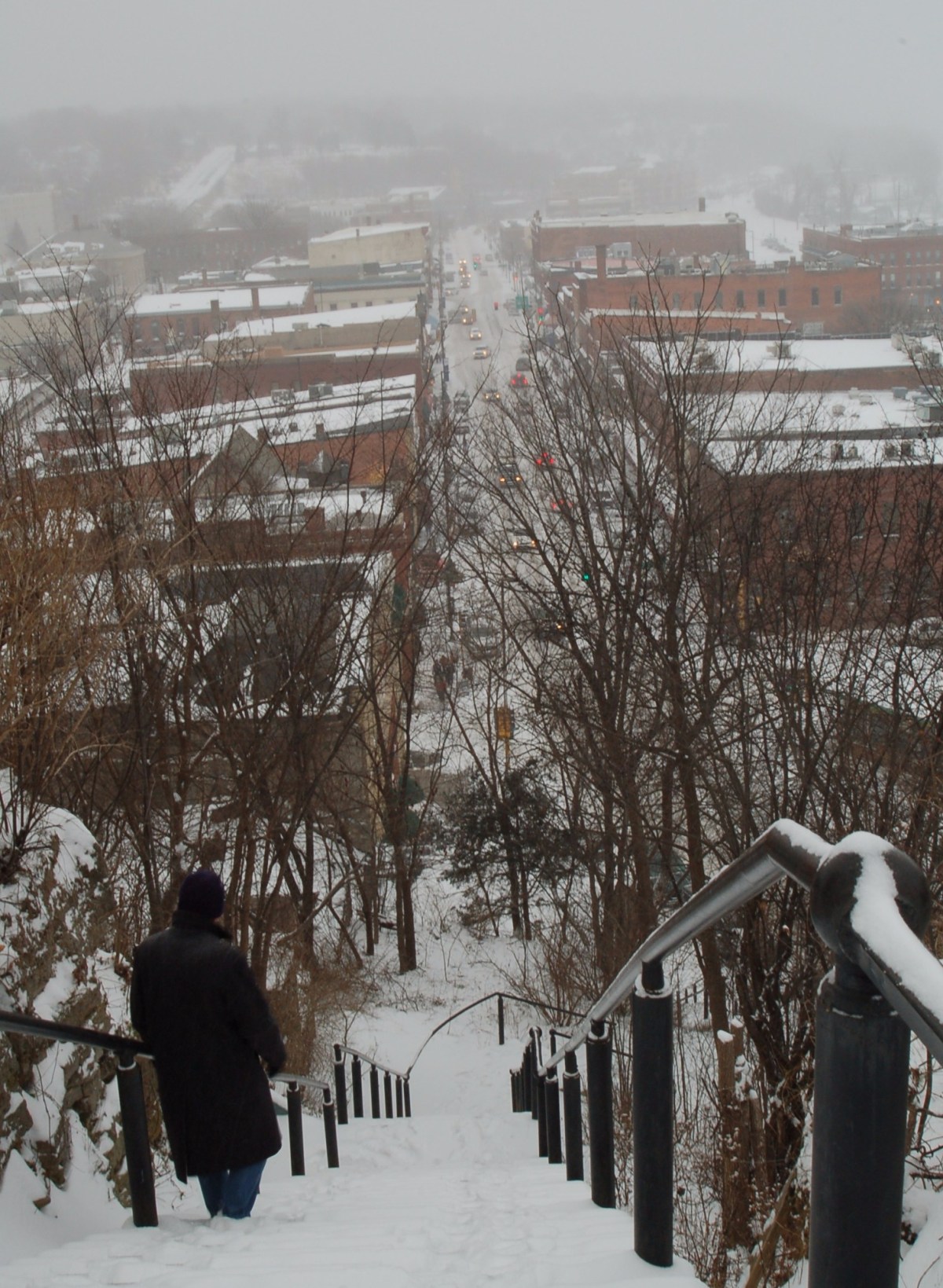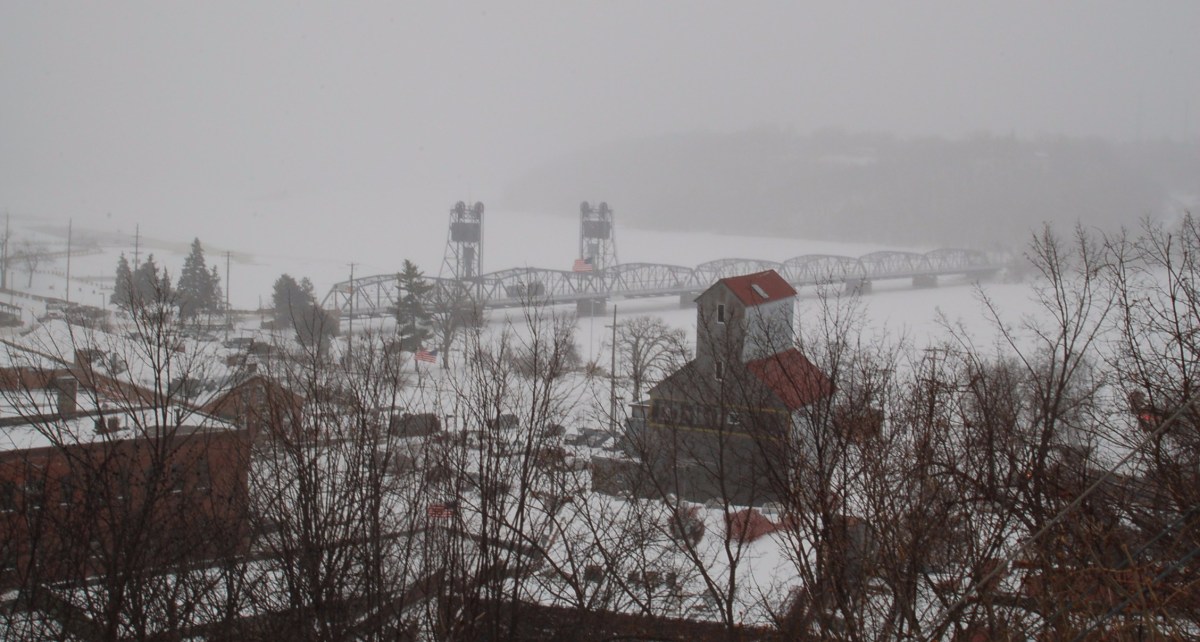Trees in particular were mysterious and seemed to me direct embodiments of the incomprehensible meaning of life. For that reason the woods were the place where I felt closest to its deepest meaning and its awe inspiring workings.
C.G. Jung – Memories, Dreams, Reflections.

We planted several hundred trees, my grandfather and me, when I was a lad of about eight years.
Grandpa heard that the county agricultural extension office would bring you as many saplings as you wanted – free. So he ordered a pickup truck load. They arrived bound in bundles, about 12 to 18 inches long, roots wrapped in wet burlap.

We had a break in the rain, and they had to be planted now. We loaded them on a trailer behind the tractor, along with a couple spades, and puttered on out to a large, rounded hillside on the flank of the west side of the farm. The soil was shaley and rocky; the incline was too steep for cultivation. But it was perfect for these baby fir, spruce and pine.
“They’ll hold the hill from erosion and someday provide a break from the west winds, as well as lumber,” Grandpa pronounced.
We planted. And planted. And planted. Grandpa broke ground with his long-handled spade, driving it in with a sharp push from his farm boot. He pulled the spade back and forth, cleaving open a pocket in the dirt. From the other side, I deposited one sapling. As Grandpa pulled the spade out and moved a few steps onto the next planting site, I tamped the earth carefully around the sapling with my feet. I took another sapling from the bundle and followed on. We planted every last one.

I’d long forgotten these evergreens until about 35 years later. Visiting my hometown on my way from California to Germany with my five-year-old daughter, I drove out to the old Minnesota farm site. It wasn’t a farm anymore, of course. The ancient sprawling eight-bedroom farm house where I’d spent my youth, along with the barn and out buildings, had long since been bulldozed. The fields where I once sat on my Grandfather’s lap on the tractor as he plowed, the trails I rode my horse on while tending the grazing cows and sheep, and the ponds once plied by ducks and geese – all leveled, landscaped, terraced and filled with suburban cookie cutter boxes on quarter acre lots.
All gone. Except for two things.
The large pond I used to skate on in winter, catch turtles from in summer, and water the stock at – was still there. Its likely saving grace was that it was spring fed and too deep to fill. So the developer kept it as a water feature, complete with pussy willows waving in the breeze.
And the trees we’d planted. The hillside that had been too steep to till was too steep to build on. So a good portion of the trees that my grandfather and I had planted remained. They ranged about 30 to 40 feet high. We’d spaced them close, in lateral rows across the hillside, now forming a dense forest where birds and other wildlife could find refuge from suburbia.

Druid mythology is said to consider trees to be the sacred guardians of memory. So it was a moment both joyous and solemn to be standing amongst the trees I’d planted with my grandfather 35 years before. I was standing with my daughter, who’d never met my grandfather, yet who was now meeting him in his stand of trees. Our trees had survived against all odds, they had thrived, and they had come onto their own. This one small part of the landscape of my youth was intact, but changed over almost four decades. A memory of trees.
Now these guardians, these once diminutive saplings, provided that break from the west winds, though not to the farm, the buildings, the livestock, or our family, as had been my grandfather’s original plan. The wind break was to the dwellers of the houses on the quarter-acre lots.
As I stood there, with my daughter, not much younger than I was when I planted these fir, spruce and pine trees, I could not help but think: the future will always be far different from what you imagine it might be.
“Society grows great when old men plant trees whose shade they know they shall never sit in.” Greek proverb.












